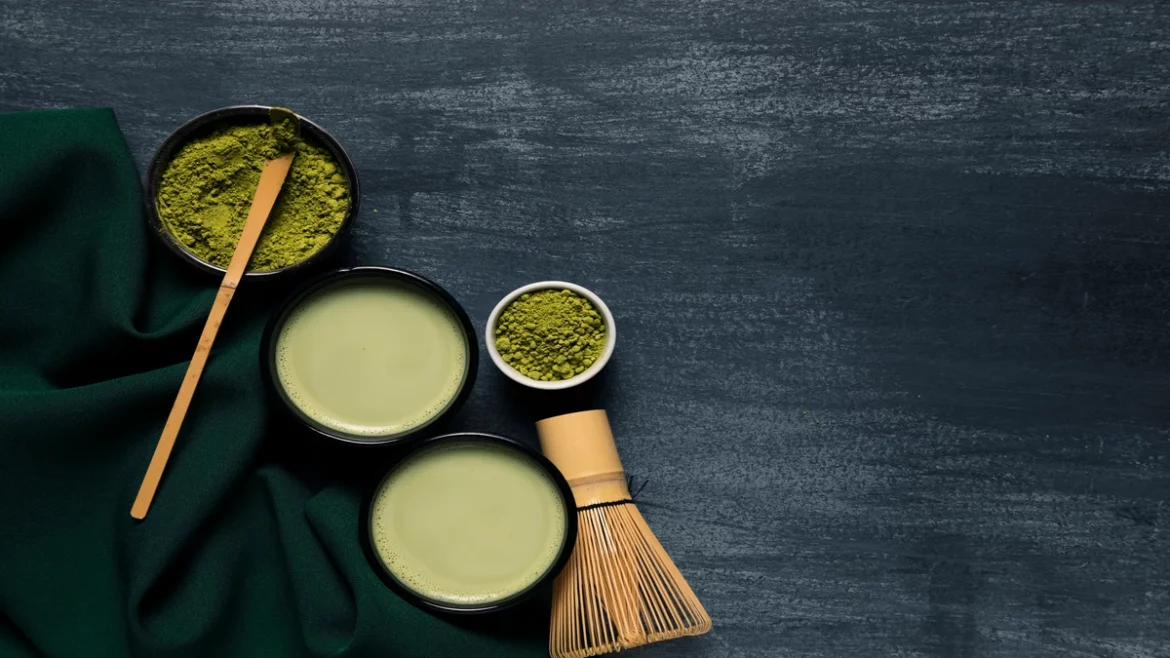Matcha is a powder made from Japanese green tea, which is made from finely powdered dried tea leaves. Farmers grow the plant mainly in the shade, which increases its amino acid and chlorophyll content and causes the tea to turn dark green. Matcha tea also contains more antioxidants, which help prevent cell damage and some diseases.
Since Matcha involves the entire leaf, the levels of vitamins, caffeine, and fiber are usually higher.
How will you prepare Matcha tea to ensure optimum health benefits?
Matcha tea is relatively easy to prepare. In this case, you must use the powdered form, not the tea bag. Take a cup of hot water, add the matcha powder, and stir it, if possible, with a bamboo whisk.
Take boiling water around 8 to 12 ounces of the same into a mug.
Depending on the strength of the tea you prefer, add one or two scoops of the powder to the hot water.
As soon as you add the powder, use the bamboo whisk to stir it well so there are no lumps in the water. Continue stirring until the mixture becomes frothy.
If you want it sweetened, add honey or sugar. However, avoid the sweetened version if you use it for medicinal purposes or weight loss.
In addition to consuming it as matcha tea, you can add the powder to a latte (hot or cold), smoothie, or salad dressing.
Benefits of Matcha Tea
You can derive many benefits from matcha tea. A few of the benefits of Matcha Tea are mentioned here.
-
Protects against cancer
EGCG, known as epigallocatechin-3-gallate, and the catechins found in Matcha contribute to cellular protection against DNA damage and can inhibit tumor growth. Some research suggests they may also help prevent certain cancers, although additional studies are needed to confirm this.
-
Supports dental health
The presence of EGCG helps slow the growth of bacterial cells, which cause cavities and plaque. Matcha treats lousy breath better than mints, chewing gums, and parsley seed oil. It can also address certain gum diseases.
-
Reduces inflammation in the body
The presence of antioxidants in Matcha helps reduce inflammation in the body. Matcha tea addresses inflammation by reducing the incidence of free radical damage. Inflammation is also the cause of several chronic health conditions, the most prominent lifestyle disease being diabetes.
Conclusion
Aside from the benefits of matcha tea mentioned above, matcha tea has several other advantages if consumed appropriately and in proper quantity. However, the number of scoops you can consume depends on your health condition. As such, it is best to consult a medical practitioner before you start with matcha tea.

